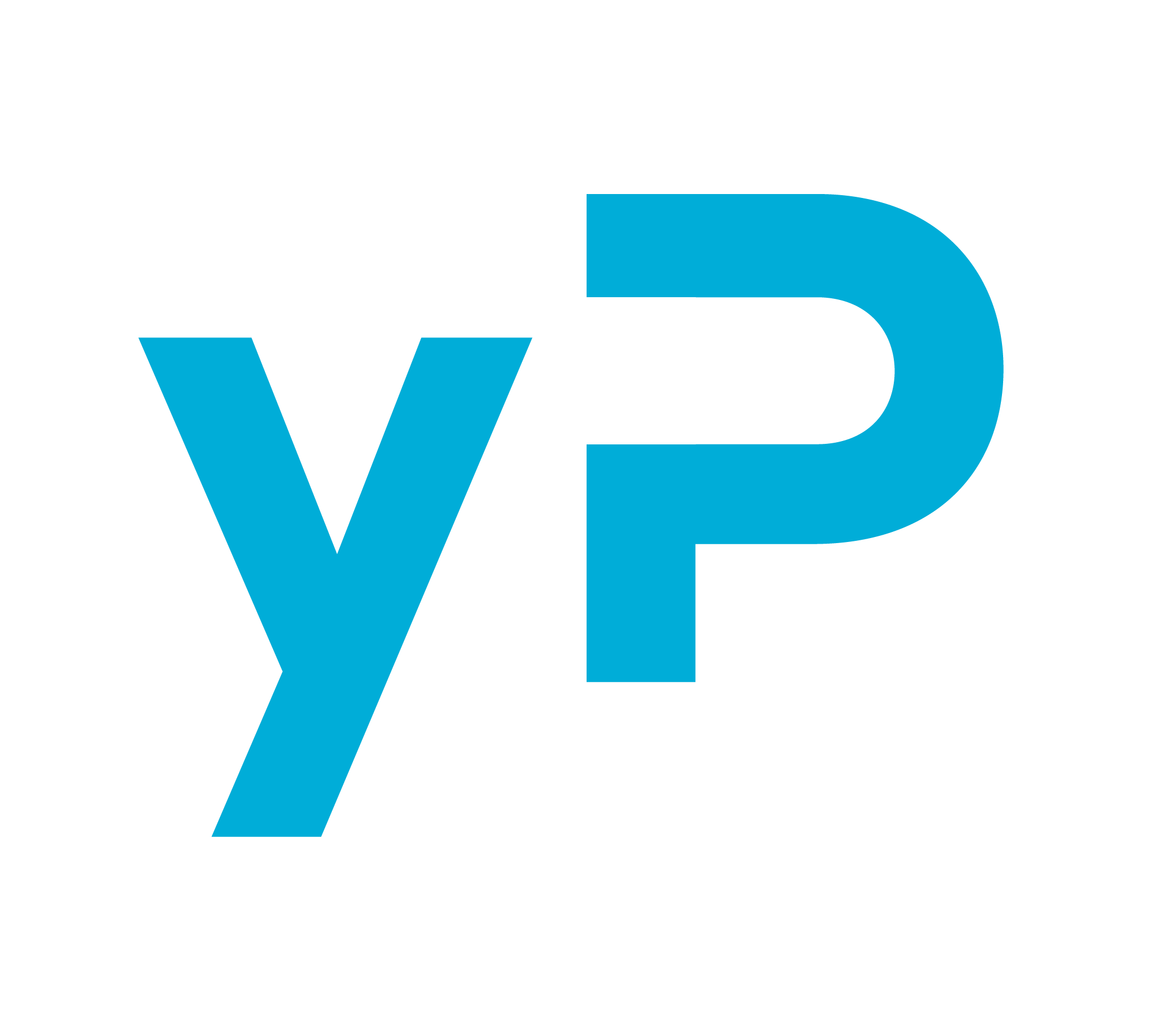5 Steps to Effective Multichannel Selling on the Internet

The Internet has taken over the hotel industry. Most booking decisions made today are based on information found on the Internet. Of course, not every reservation is made over the Internet. Tourists often use the web to search for information on hotels and then do the booking by telephone. One thing is for certain: a 21st century hotel does not exist if it does not make its presence known on the Internet. What is it then that tourists look for when searching for a suitable place to stay?
The answer seems to be simple: they wish to stay at hotels that have many favourable reviews. They do not want to buy the cat in a bag, but would rather see how the rooms look before making a decision. And, finally, they want to find the best deal. There is a plethora of OTA websites on the Internet that allow hotels to reach prospective guests. However, one must keep in mind that the competition between hotels listed on the websites is fierce, each OTA charges a commission fee and each one has a different interface for managing the hotel’s account. Selling through numerous online channels requires not only the hotel’s ‘presence’ on the web, but also a sound price and brand policy.
Why choose OTA websites? Some hotels love them, others hate them, and the truth is that their policies sometimes border on the controversial. However, they do enable hotels to reach new markets and bring in new bookings. OTAs often take on the duty of advertising their hotels as they have access to enormous budgets meant for online advertising, mailing, Google Ad-Words, etc. What is more, their websites are responsive, i.e. compatible with small smartphone displays: a study carried out by HRS demonstrated that almost 20% of hotel reservations are made through the mobile channel.
How should one go about using different distribution channels to achieve tangible benefits in the form of increased occupancy rates, revenue and profit? Here are the 5 steps to achieving success in the hotel business with online distribution channels.
- Collect positive reviews
Maintaining a good reputation of your hotel is more important the even the best rate plans! As we all know, the Internet is a means through which dissatisfied customers may ruthlessly complain about the hotel, its standard of service, nasty foot, dirty bathtubs and crumpled sheets. OTA websites have their own grading systems that allow users to sort hotels by their overall rating. This is why the standard of service provided by your hotel should be impeccable! Therefore, remember to encourage your guests to post positive opinions on TripAdvisor or similar websites.
- Content marketing
Build your brand using content! OTA websites give you the opportunity to create a rich hotel profile with numerous pictures, a long description, a list of hotel attractions and nearby landmarks. Some websites even allow you to post an advertising video. Remember to follow the ‘content is king’ principle and only add pictures of the highest quality to your profile. Do not hesitate to spend some cash on a professional photo session of your hotel – it will surely pay off in the future!
- Choose distribution channels and plan a rate policy
There are hundreds of partners operating in the market – OTAs, wholesalers, global distributions systems (GDS), etc. Which ones and how many to choose? It all depends on the profile of your hotel and the market segments that it is meant for. You should certainly strike a balance between global and local distribution. Looking into specialised websites (SPA, conferences, wedding receptions, etc.) may be worthwhile if they fit the profile of your establishment. If you offer room packages or have special deals for corporate clients, finding a suitable partner will be necessary. How many channels should your hotel be included in? Our experience proves that hotels sell their services through an average of 5-10 distribution channels.
Once you have chosen a pool of OTAs suited for your hotel, you must adopt a correct sales strategy. Thus far, many OTAs have included rate parity clauses in their contracts to prevent hotels from offering lower rates on competing websites. However, this year a breakthrough was made when the French National Assembly forbade using the rate parity clause which allows hoteliers to set their rates in all online and offline channels independently.
- Choose sales management tools
Managing multichannel distribution, especially when each channel has its own rate strategy, is time consuming. Analysing total sales is another challenge you will have to face. Tools which centralise distribution, for example YieldPlanet’s Channel Manager, may prove helpful in this regard. The system makes it possible to centralise, automatise and optimise all internet sales. This includes dynamic enabling/disabling of specific rate plans or creating formulas for automatic rate changes and availability within individual channels, but also changing rates across all channels. The statistics module lets you carry out an in-depth sales analysis and generate occupancy, booking and revenue reports. Channel Manager also has a competition monitoring module: you only have to choose the competing hotels that interest you to receive information about their rates in selected OTA websites. Therefore, you will always be one step ahead of the competition!
- Your website also generates sales!
Remember that your hotel’s website is the best, least expensive and most effective online sales channel. First, because it is controlled solely by you, and second, it does not limit the number of photos, descriptions, etc. that you may post. Third, according to research carried out by the HSMAI foundation, one in four online reservations in non-chain hotels was made through its website. If you decide to integrate the website with a booking engine, you may sell your services without paying commission fees to OTAs.
